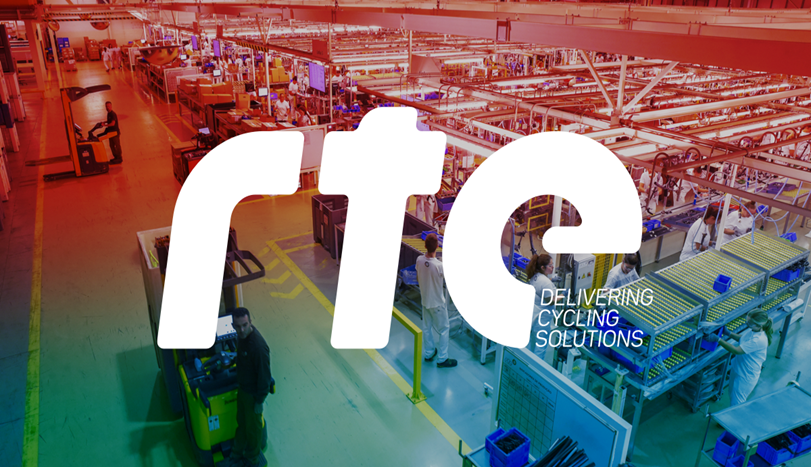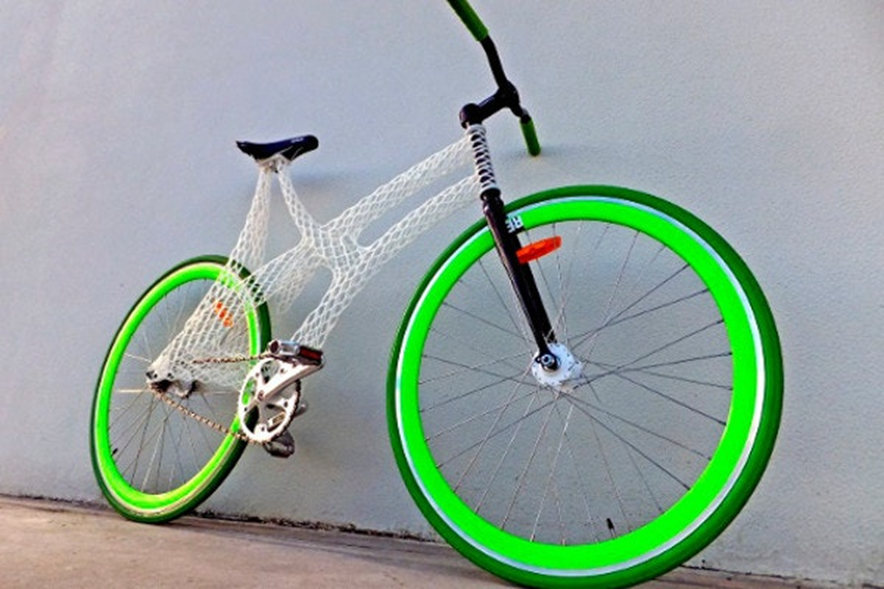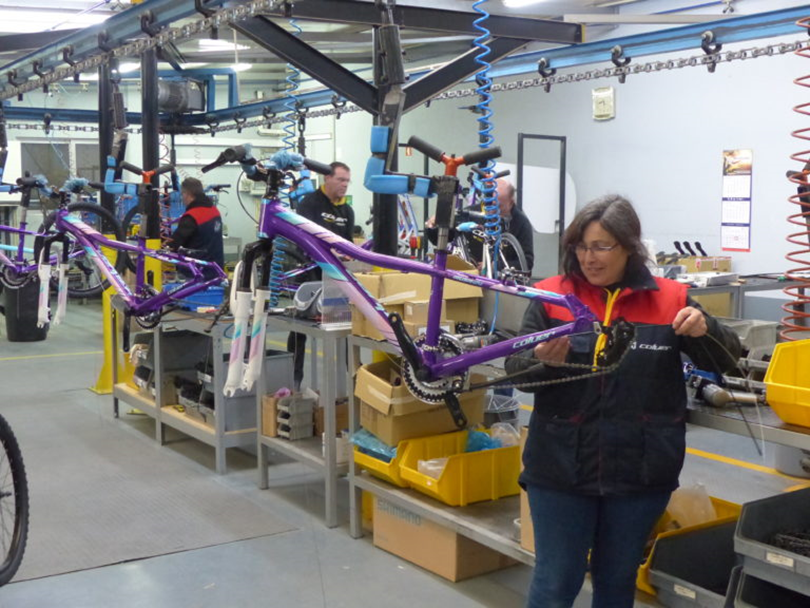
Charles R. Goulding and Preeti Sulibhavi consider the impact of 3D printing on bicycle manufacture such as in Portugal.
As a result of substantial product expertise and complicated European sourcing rules, Portugal has become a major center for bicycle manufacturing. The advantage of being a major cluster is that as the local supply chain deepens, employees recognize the opportunity for advancement and local universities support technological advancement. All 3D printing product suppliers interested in the bike market should consider studying this cluster.
About 60 companies in Portugal make bicycle parts, components and accessories. Portugal accounts for 2% of the EU population but manufactures nearly a quarter of Europe’s bicycles. This is not a coincidence but largely the result of protectionist trade laws preventing low-cost Chinese manufacturers from infiltrating and dominating the market. During the pandemic, Portugal was not at a large supply chain loss primarily due to the local production of bicycles and components. Arnold Kamler, the chairman of American Bicycle Company (ABC) has noted the RTE facility as “the finest factory [he has] ever seen in [his] entire life.”

Still, there were issues in meeting demand. There are many ways to resolve supply chain issues. One of them is to utilize advanced technologies, such as 3D printers.
In fact, bicycle companies have been utilizing 3D printers for creating bike components, such as American Bicycle Group. We even reported that in the U.S. during the pandemic, when retailers such as Dick’s Sporting Goods were short on supply, demand for bicycles and e-bicycles exploded, making Austin, Texas the U.S. capital for e-bike enthusiasts. All this to say that integrating 3D printers into bicycle construction is not a novel concept.
It is nice to see a recreational sporting hobby help advance technology while resolving unemployment and economic issues. Portugal is an example of a country that is leading the race to produce not just the least expensive bicycle, but advanced ones as well.

The Research & Development Tax Credit
Whether it is used for creating and testing prototypes or for final production, 3D printing is a great indicator that R&D Credit eligible activities are taking place. Companies implementing this technology at any point should consider taking advantage of R&D Tax Credits.
Enacted in 1981, the now permanent Federal Research and Development (R&D) Tax Credit allows a credit that typically ranges from 4%-7% of eligible spending for new and improved products and processes. Qualified research must meet the following four criteria:
- Must be technological in nature
- Must be a component of the taxpayer’s business
- Must represent R&D in the experimental sense and generally includes all such costs related to the development or improvement of a product or process
- Must eliminate uncertainty through a process of experimentation that considers one or more alternatives
Eligible costs include U.S. employee wages, cost of supplies consumed in the R&D process, cost of pre-production testing, U.S. contract research expenses, and certain costs associated with developing a patent.
On December 18, 2015, President Obama signed the PATH Act, making the R&D Tax Credit permanent. Since 2016, the R&D credit has been used to offset Alternative Minimum Tax (AMT) for companies with revenue below $50MM and, startup businesses can obtain up to $250,000 per year in payroll tax cash rebates.
Conclusion
Demand for higher-end bicycles is growing. For those seeking 3D printing bicycle opportunities, Portugal’s 60 bike cluster might be the right place to look. Just as Arnold Kamler of American Bicycle Company learned some lessons from Portugal, the Portuguese bike cluster can benefit from global bicycle 3D printing expertise.
